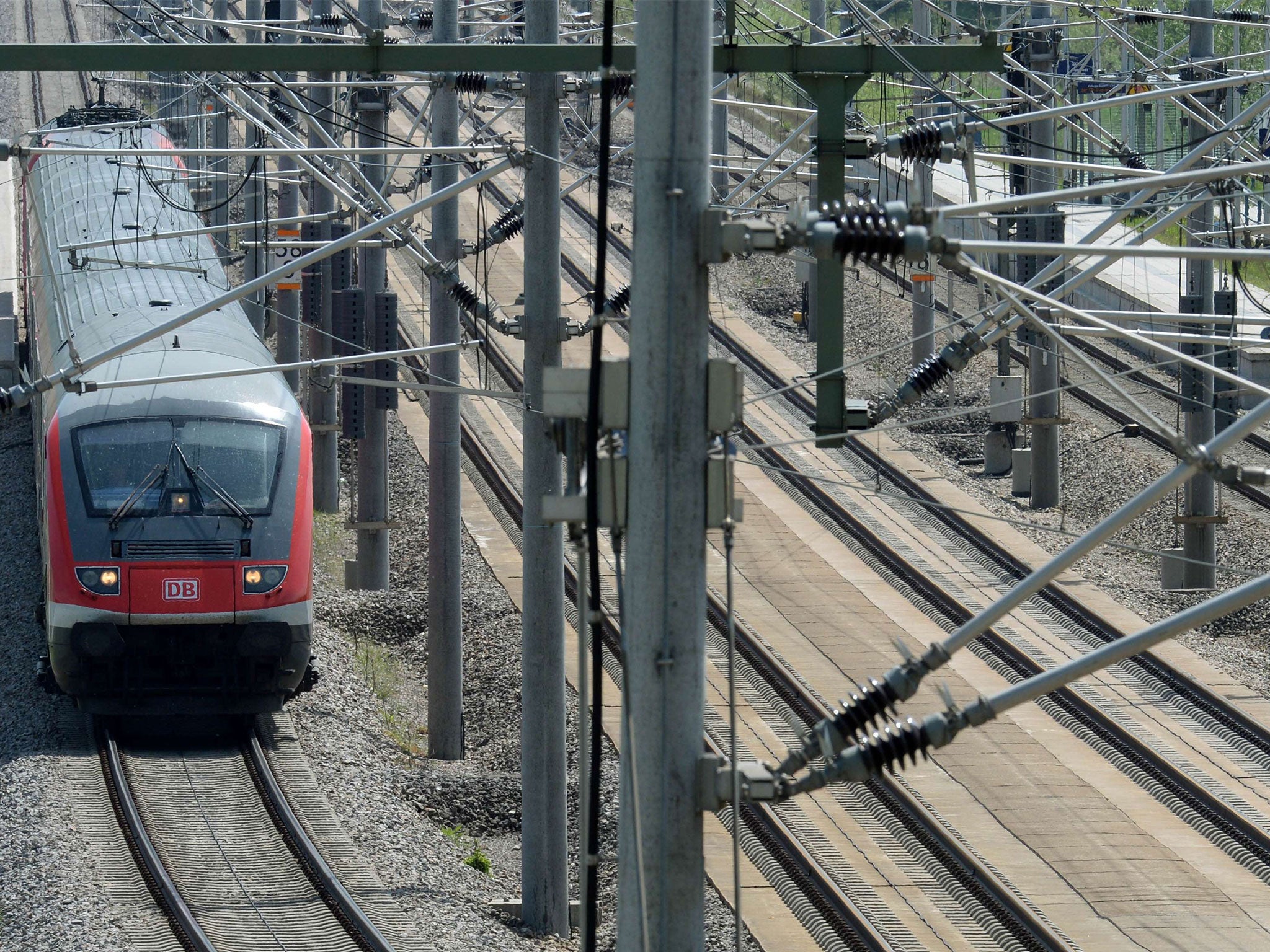Train strike: What is the one issue that could cause Britain to grind to a halt on bank holiday Monday

Holidaymakers heading home at the end of the late May bank holiday, and commuters returning to work the following day, could find trains cancelled and roads congested.
The RMT union has called a 24-hour strike of members working for Network Rail, starting at 5pm on Monday 25 May. In addition there will be a 48-hour ban on overtime and call-outs on 25 and 26 May.
Network Rail workers provide signalling and maintenance of railway infrastructure across the country, as well as staffing 18 of Britain’s busiest stations. They are involved in a long-running dispute over pay and job guarantees. The voting in the strike ballot was four-to-one in favour of a stoppage, with a turn-out of 60 per cent.
The RMT has rejected a pay package for Network Rail staff that would see a £500 lump sum payment this year and an inflation-matching pay increase over the next three years.
The RMT General Secretary, Mick Cash said: “The failure of the company to make any moves whatsoever in light of the overwhelming vote in the ballot has left us with no option but to move to a rolling programme of industrial action.
“Our rail staff deserve a fair reward for the high-pressure, safety-critical work that they undertake day and night and the last thing that we need is a demoralised, burnt-out workforce living in fear for their futures.”
If the strike goes ahead, it will be the first national stoppage since 1994 - before the railways were privatised. In that time, the number of passengers using Britain's trains has doubled.
The timing of the strike to straddle both the bank holiday and the first day of the working week means it will affect leisure passengers making long-distance journeys, as well as commuters and business travellers.
The national rail website carries a message saying: “Train companies are working closely with Network Rail on contingency arrangements and further information will be made available shortly.
“Special arrangements are being put in place to ensure that customers who already have tickets are not disadvantaged, and can obtain a refund if they choose not to travel.”
Members of another rail union, the TSSA, have also voted in favour of strike in their dispute with Network Rail - though with a much narrower majority of 54 to 46 per cent. Almost four-fifths voted in favour of industrial action short of a strike.
Subscribe to Independent Premium to bookmark this article
Want to bookmark your favourite articles and stories to read or reference later? Start your Independent Premium subscription today.

Join our commenting forum
Join thought-provoking conversations, follow other Independent readers and see their replies